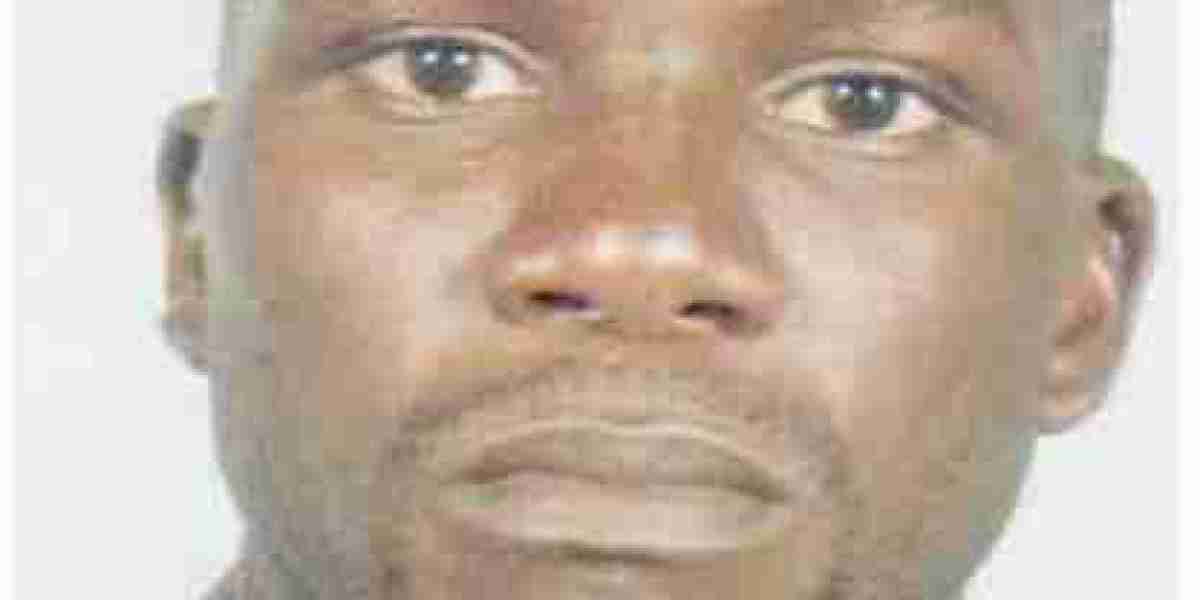Ochanda, who works in a critical Department, is among suspects under investigation for alleged massive corruption and fraud in the grant of approvals for development control in Nairobi City County leading to compromised standards.
The Commission, through its Spokesperson Eric Ngumbi, said that the operation, which was pursuant to Court Orders, took place at the suspect’s residence in Ngong, Kajiado County, his residence in Suneka, Kisii County and his offices at Nairobi County Government.
The suspect was later escorted to EACC Headquarters and was later released after recording a statement.
The Commission is investigating allegations that Fredrick Ondari Ochanda has engaged in corruption using his office, as the the Assistant Director responsible for Development Control, and accumulated multi-million wealth that is not commensurate to his known legitimate sources of income.
The suspected unexplained wealth includes cash believed in held various bank accounts, prime land parcels, commercial buildings, and high end vehicles.
The outcome of the investigation will inform various actions, which may include proceedings for forfeiture of any assets found to be unexplained and/or criminal prosecution.
Forfeiture of assets acquired through corruption is provided for under the Anti-Corruption and Economic Crimes Act, 2003 (ACECA). The law provides that a public officer in possession of property whose value is disproportional to their known legitimate sources of income shall, unless the contrary is proved, be presumed to have acquired the property through corrupt conduct.
Where EACC reasonably suspects that a person is in possession of unexplained assets, it issues a statutory notice requiring the person to explain how they acquired the wealth in question. Where the suspect is unable to explain or gives unsatisfactory explanation, EACC moves to the High Court for orders declaring the property proceeds of corruption, upon which the suspect is required to surrender it back to the Government. The operating legal principle is; “you either prove lawful acquisition of the property in question, or forfeit it.”
During the forfeiture proceedings in Court, the burden of proof shifts to the suspect to convince the court that the assets were not acquired through corrupt conduct.
The law on forfeiture of unexplained assets was settled by the Court of Appeal in May 2019 in Stanley Mombo Amuti v. Kenya Anti-Corruption Commission following a protracted legal tussle.


